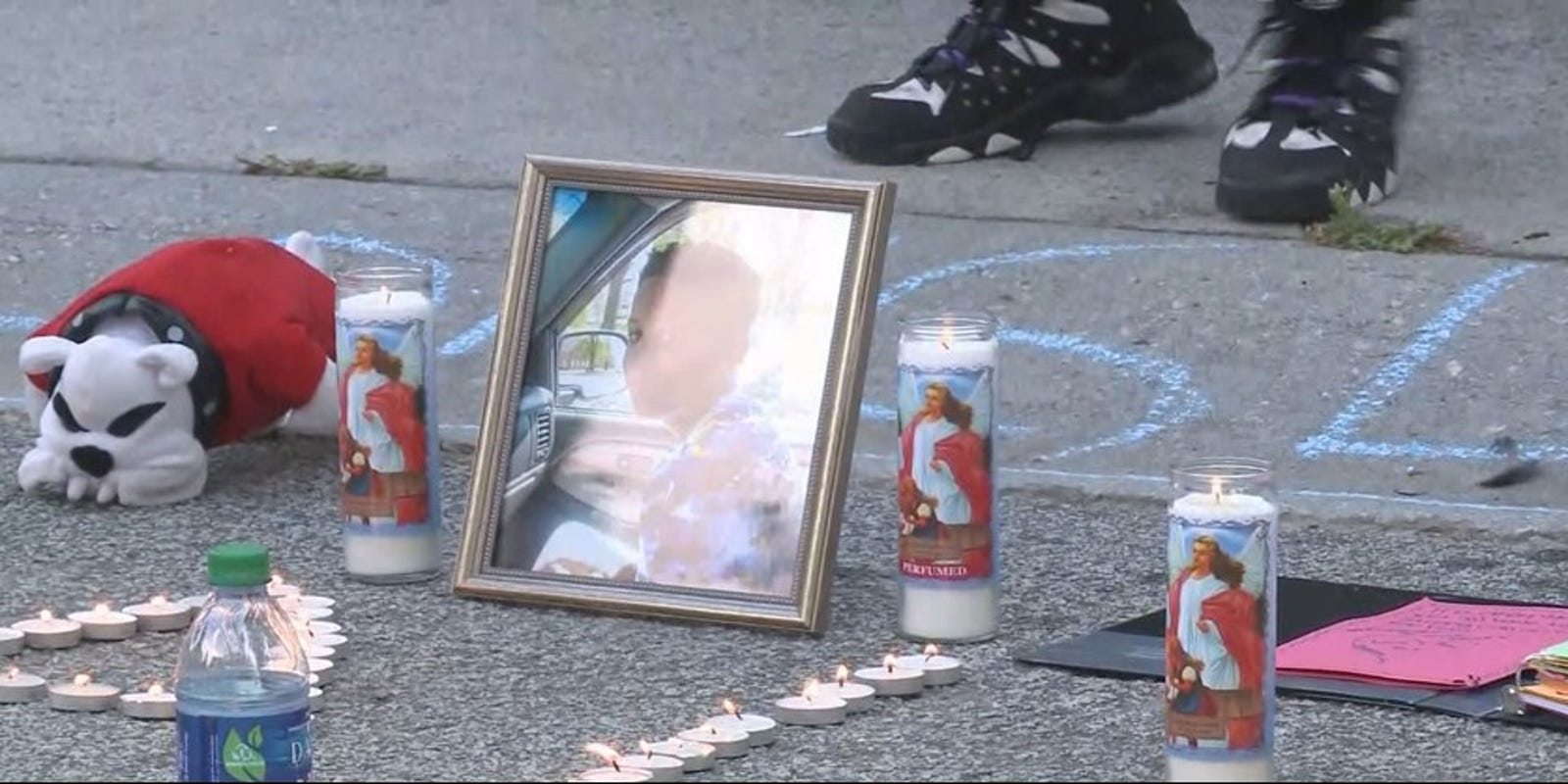Life can sometimes feel overwhelming, and thoughts about self-harm or ending one's life may emerge during difficult times. If you've ever thought about killing yourself postponed, it's important to know that you're not alone, and there is help available. This article will explore the reasons behind these feelings, available resources, and steps to take when you're struggling with such thoughts.
Understanding the emotions and circumstances that lead to these feelings is crucial for both individuals experiencing them and their loved ones. This article will delve into the topic with sensitivity, providing valuable insights and actionable advice.
Our goal is to create a safe space where you can find hope, guidance, and support. Remember, there is always a way forward, and seeking help is the first step toward healing.
Read also:Theo James Nude A Comprehensive Look At The Actors Career And Controversies
Table of Contents
- Introduction to Killing Myself Postponed
- Causes Behind Suicidal Thoughts
- Recognizing the Signs
- Where to Seek Help
- Practicing Self-Care
- How to Support Someone in Need
- The Importance of Mental Health Awareness
- Preventive Measures
- Useful Resources and Hotlines
- Conclusion and Call to Action
Introduction to Killing Myself Postponed
The phrase "killing myself postponed" often reflects a momentary pause in a person's decision to end their life. It signifies an opportunity to intervene, seek help, and turn things around. Understanding why someone might delay such a drastic action is key to addressing the root causes.
Why People Postpone Suicidal Actions
There are several reasons why someone might delay their decision to end their life:
- Lack of immediate means to carry out the act.
- Hope that things might improve.
- Desire to seek help or talk to someone.
- Realization that there are still things worth living for.
Causes Behind Suicidal Thoughts
Suicidal thoughts can stem from a variety of factors, both internal and external. Understanding these causes can help individuals and their loved ones recognize warning signs and seek appropriate help.
Common Triggers
Some common triggers include:
- Depression and anxiety.
- Substance abuse.
- Financial or relationship stress.
- Chronic pain or illness.
Recognizing the Signs
Recognizing the signs of suicidal thoughts is crucial for early intervention. Pay attention to both verbal and non-verbal cues.
Verbal Cues
People may express their feelings through:
Read also:Trisha Paytas Leak The Truth Behind The Controversy
- Talking about feeling trapped or hopeless.
- Mentioning wanting to die or end their life.
- Expressing guilt or shame.
Non-Verbal Cues
Non-verbal signs include:
- Withdrawal from social activities.
- Changes in sleep or eating patterns.
- Increased alcohol or drug use.
Where to Seek Help
There are numerous resources available for individuals struggling with suicidal thoughts. Reaching out for help is a brave and necessary step.
Professional Help
Consider consulting:
- Therapists or counselors.
- Psychiatrists for medication management.
- Support groups for peer interaction.
Practicing Self-Care
Self-care is an essential component of mental health management. Incorporating self-care practices into daily life can significantly improve well-being.
Self-Care Tips
- Engage in physical activity regularly.
- Practice mindfulness and meditation.
- Connect with supportive friends and family.
How to Support Someone in Need
Supporting someone who is struggling with suicidal thoughts requires empathy, patience, and understanding. Here are some ways to offer support:
Active Listening
Listen without judgment and validate their feelings. Let them know they are not alone.
Encouraging Professional Help
Gently encourage them to seek professional help and offer to assist in finding resources.
The Importance of Mental Health Awareness
Mental health awareness plays a vital role in reducing stigma and encouraging open conversations about mental health challenges.
Raising Awareness
- Participate in mental health campaigns.
- Educate yourself and others about mental health issues.
- Advocate for mental health policies and resources.
Preventive Measures
Preventing suicidal thoughts involves creating a supportive environment and addressing underlying issues.
Building Resilience
- Develop coping strategies for stress.
- Build a strong support network.
- Pursue hobbies and interests that bring joy.
Useful Resources and Hotlines
There are many organizations and hotlines dedicated to helping individuals in crisis. Some notable resources include:
- National Suicide Prevention Lifeline - Offers 24/7 support for those in distress.
- Crisis Text Line - Provides text-based support for individuals in crisis.
Conclusion and Call to Action
In conclusion, thoughts about "killing myself postponed" are a serious matter that requires immediate attention and support. By understanding the causes, recognizing the signs, and seeking help, individuals can overcome these challenges and find hope for the future.
We encourage you to take action by:
- Reaching out to a trusted friend or family member.
- Contacting a mental health professional.
- Exploring the resources mentioned in this article.
Share this article with others who might benefit from it, and let's work together to create a supportive community for mental health awareness and intervention.


